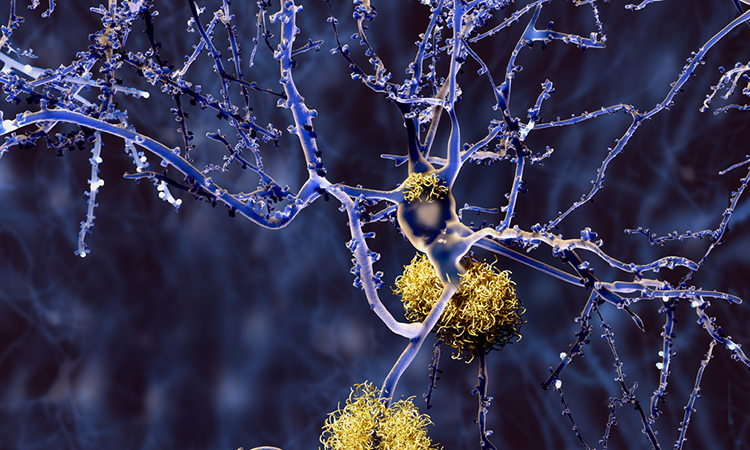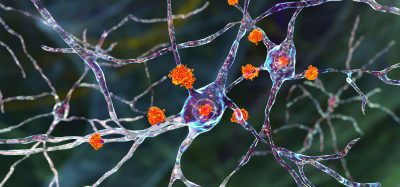Novel mutation linked to late-onset Alzheimer’s disease
Posted: 1 June 2023 | Izzy Wood (Drug Target Review) | No comments yet
Chinese researchers discover a mutation, referred to as the “Shanghai APP” mutation, which has been linked to late-onset Alzheimer’s disease and offers fresh insights into the disease’s underlying molecular mechanisms.


Alzheimer’s disease, a progressive neurodegenerative disorder and the leading cause of dementia worldwide, affects millions of individuals. A recent breakthrough study, from Ruijin Hospital, affiliated with Shanghai Jiao Tong University School of Medicine, China, has revealed a newly discovered mutation, referred to as the “Shanghai APP” mutation, which has been linked to late-onset Alzheimer’s disease (LOAD) and offers fresh insights into the disease’s underlying molecular mechanisms.
Published in Genes & Diseases, The investigation centered around a Chinese patient who experienced memory decline in his mid-70s. Neuroimaging techniques confirmed the presence of widespread amyloid β deposition, a critical characteristic of Alzheimer’s.
Through molecular dynamics simulation and in vitro experiments, the researchers observed that the E674Q mutation in the APP gene increased the processing of amyloid precursor protein (APP), leading to the production of amyloid β—a toxic protein closely associated with Alzheimer’s. Furthermore, biochemical aggregation experiments indicated that the E674Q peptide exhibited a higher propensity for aggregation than the wild-type peptide, particularly forming filaments that linked multiple fibrils.
To assess the mutation’s impact in vivo, the researchers introduced the E674Q mutant APP gene into the hippocampi of two-month-old mice via adeno-associated virus (AAV) gene transfer. The findings demonstrated that the E674Q mutation led to impaired learning behavior and an increased pathological burden in the mouse model, validating its pathogenic role in Alzheimer’s. Remarkably, the E674Q substitution within the amyloid processing sequence is the sole known pathogenic mutation causing LOAD.
This discovery carries significant implications as it opens up new avenues for understanding the development of LOAD and potentially paves the way for more effective treatments. By comprehending how the specific E674Q mutation contributes to the onset and progression of Alzheimer’s, scientists hope to develop targeted therapies or interventions capable of slowing or halting the disease’s advancement.
The identification of the novel Shanghai APP mutation provides researchers with a unique opportunity to delve deeper into the molecular mechanisms underlying LOAD. Further investigation into the effects of the E674Q mutation is crucial to explore potential avenues for the development of therapies or interventions. This advancement has the potential to improve the lives of tens of millions of patients and their families by offering new strategies for preventing or treating this devastating form of Alzheimer’s.
The research team’s groundbreaking findings shed light on the complex nature of Alzheimer’s and may inspire future studies aimed at unraveling additional genetic and molecular factors contributing to the disease. With each new discovery, scientists move closer to understanding and combating this global health challenge.
Related topics
Disease Research, Genetic Analysis, Genomics, Imaging, Neurons, Neuroprotection, Neurosciences
Related conditions
Alzheimer's disease (AD)
Related organisations
Ruijin Hospital, Shanghai Jiao Tong University School of Medicine







